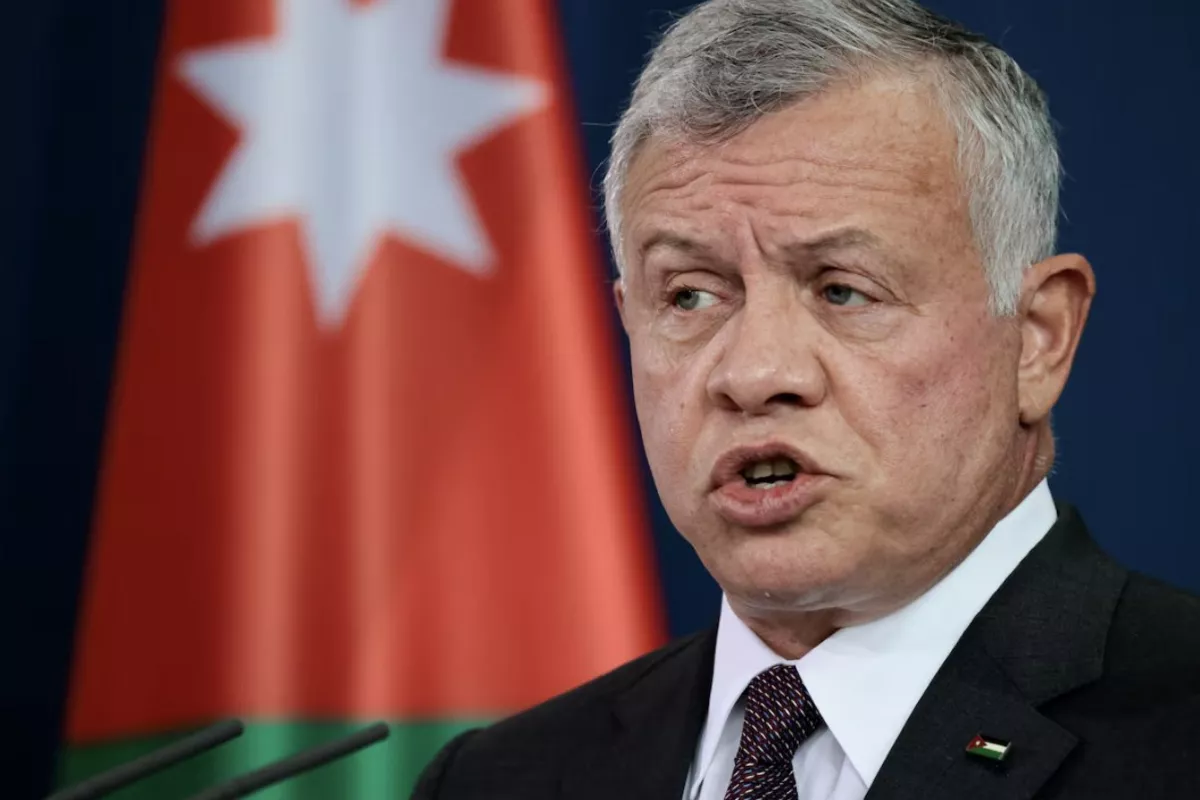
Reuters
At the invitation of President Shavkat Mirziyoyev, King Abdullah II left earlier today for a state visit to Uzbekistan from August 25-26, with the main events taking place in Samarkand. Following that, the King will proceed to Kazakhstan for an official visit from August 26-27.
In Samarkand, King Abdullah II and President Mirziyoyev are expected to review political dialogue, trade and investment, agriculture and food security, education, tourism, and transport connectivity, The Caspian Post reports citing foreign media.
Uzbek media report that several cooperation documents are slated for signature, underscoring Samarkand’s growing role as a diplomatic venue for Central Asia.
In Astana, the King will meet President Kassym-Jomart Tokayev and attend events designed to expand commercial ties. The authorities in Astana have announced traffic curbs tied to the visit, a signal that a tightly choreographed official program is imminent.
Kazakh media have framed the stop as part of a broader effort to deepen links with Middle Eastern partners at a time when Kazakhstan is diversifying export routes and courting investment from the Levant and Gulf. According to the official website of the President of the Republic of Kazakhstan, “high-level negotiations will be held aimed at further strengthening Kazakh-Jordanian cooperation in the trade, economic, cultural and humanitarian spheres.”
The two visits fit into Jordan’s long-running outreach to Central Asia. Diplomatic relations with the region’s states date back to the 1990s, and Amman has increasingly paired political dialogue with practical economic initiatives. For Uzbekistan, officials have been looking to scale up a cordial relationship into more structured cooperation, and the Samarkand setting gives both sides a stage to announce concrete timelines for working groups or ministerial roadmaps. For Kazakhstan, Jordan is positioning itself as a mid-market gateway to the Levant and the Gulf, complementing Astana’s drive to build partnerships that can open new consumer markets, source medical-pharma products, and expand educational and tourism flows.
Beyond Uzbekistan and Kazakhstan, Jordan’s engagement with Central Asia has emphasized areas where Amman brings specific comparative advantages. Jordan’s experience in water management and desert agriculture aligns with Central Asian priorities on climate resilience and efficient irrigation; its halal and medical-pharma sectors appeal to governments seeking to diversify imports; and its universities offer English- and Arabic-language programs that can deepen people-to-people links.
Following the visits, observers will look for intergovernmental agreements that move beyond generalities, whether in health and pharmaceuticals, food supply chains, tourism promotion, or student exchanges. Aviation and cargo-handling announcements would be early evidence of a more durable commercial bridge, while references to streamlined customs procedures or mutual recognition in standards could make a material difference for small and mid-sized exporters on both sides.
As Central Asia is recalibrating connectivity amid sanctions frictions and supply-chain shocks, Middle Eastern partners are seeking new sources of food, energy inputs, and investable projects with predictable regulatory environments. The two-country tour could, therefore, touch upon both sides’ requirements, with Jordan’s looking to move its Central Asia policy from exploratory diplomacy to delivery.
Share on social media